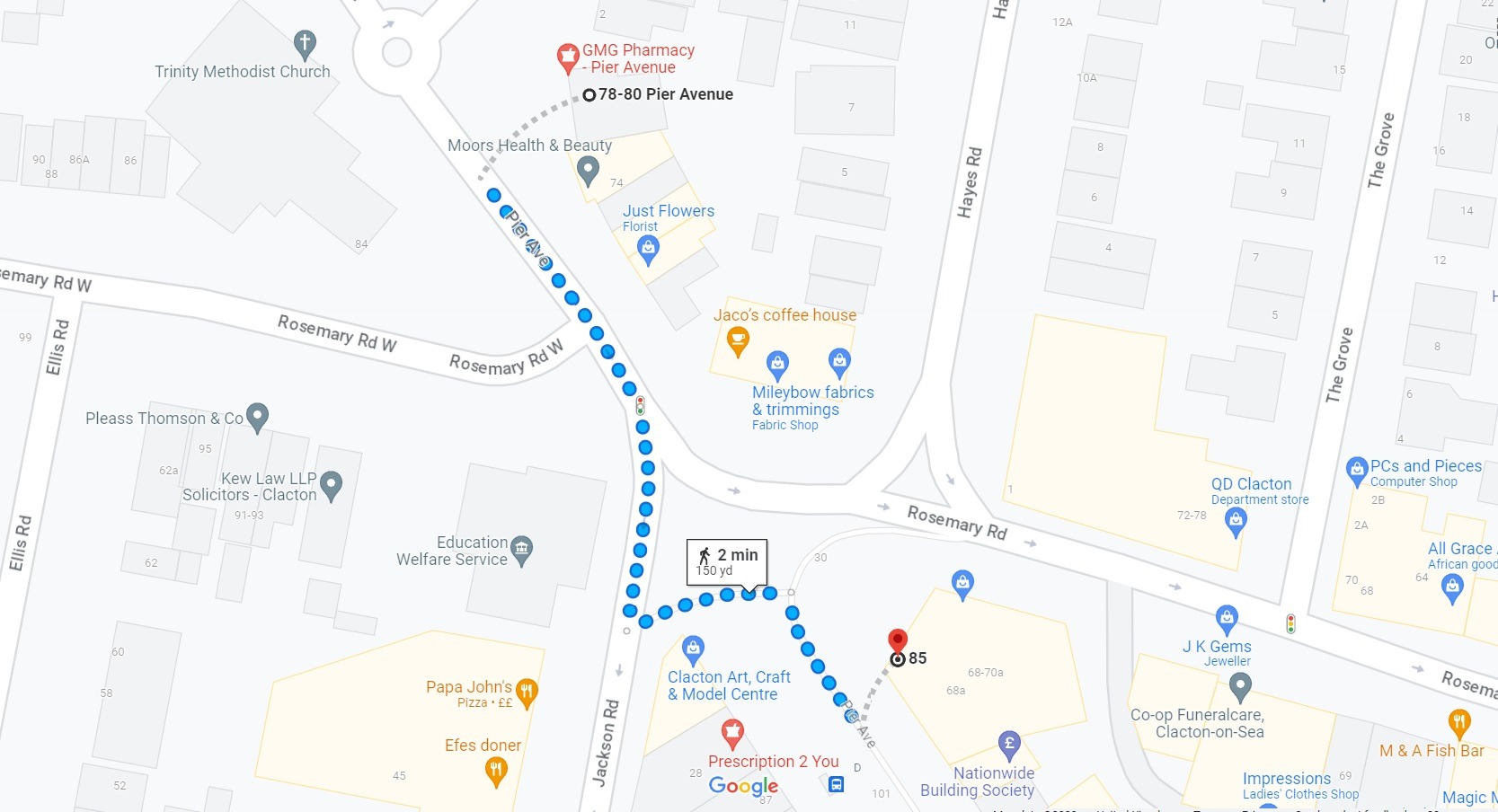How Do You Effectively Treat Chlamydia?

Chlamydia is among the most prevalent sexually transmitted infections (STIs) in the United Kingdom. Unprotected sex (sex without using a condom) is the most common method of transmission, particularly among sexually active youths and teenagers. Continue reading to learn more on how to treat Chlamydia in Colchester.
How often should I get tested for Chlamydia?
Women under the age of 25 who are sexually active and have intercourse with casual or new partners in England should undergo a chlamydia test at least once a year. This should also be the case for men below the age of 25 who are also sexually active and participate in unprotected sex with casual or new partners.
What are the symptoms of Chlamydia?
The majority of persons who have Chlamydia exhibit no symptoms and thus are unaware of their infection.
Typical symptoms include the following:
– Pain when urinating
– Abnormal discharge from the vagina, penis, or bottom
– In women: abdominal pain, bleeding between periods, as well as bleeding after sex
– In men: testicular pain and swelling
Consult a pharmacy, community contraceptive service, GP or genitourinary medicine (GUM) clinic if you think you have an STI or show any chlamydia symptoms.

How is chlamydia spread?
Chlamydia is a bacterium infection. The germs are typically transferred during sexual contact or by contact with infected genital secretions such as sperm or vaginal fluid.
Chlamydia can be contracted in the following ways:
– Having oral, vaginal, or anal intercourse without protection.
– Sharing sex toys that haven’t been washed before use.
– Using your genitals to touch your partner’s genitals — this means that you can catch Chlamydia from anyone, even if you do not have penetrative sex, ejaculate, or experience orgasm.
– Ingestion of contaminated vaginal fluid or sperm.
– Additionally, a pregnant mother can pass it on to her unborn child.
Chlamydia cannot be transmitted via casual contacts such as hugging and kissing or through sharing utensils or toilet seats, bathtubs, towels or swimming pools.
How to treat Chlamydia in Colchester
Antibiotics are typically effective against Chlamydia. Patients who take their antibiotics properly will recover in over 95% of cases.
Antibiotics may be recommended following a chlamydia diagnosis. If it is suspected that you have the disease, therapy might begin prior to receiving your test results.
The most often prescribed drugs for Chlamydia are as follows:
– Doxycycline – taken every day for a week.
– Azithromycin – a single dose of 1g, followed by 500mg once every day for two days.
If you have an allergy, are pregnant, or are breastfeeding, a pharmacist may prescribe a different antibiotic, such as erythromycin or amoxicillin. If they are concerned about complications associated with Chlamydia, they may advise you to take antibiotics for an extended duration.
Certain people may experience moderate side effects during treatment. The most often reported adverse effects in women are nausea, stomach ache, thrush, and diarrhoea.

When using doxycycline, you should avoid sexual intercourse until both you and your current partner have completed treatment (including oral sex). When taking azithromycin, it is necessary to wait seven days before engaging in sexual activity (including oral sex).
To prevent the spread of Chlamydia infection, you must also test and treat your current and former sexual partners.
Under-25s should be provided with a second test three to six months after being treated for Chlamydia. Their increased risk of contracting the condition results in a higher likelihood of recurrent infections.
Can you treat Chlamydia in Colchester over the counter?
Chlamydia cannot be treated with over-the-counter drugs. Antibiotics are required for the effective treatment of Chlamydia, which is only available with a prescription.
Antibiotic overuse in a community can result in bacteria getting resistant to the medicine, including Chlamydia trachomatis. Antibiotics are normally only available with a prescription in an attempt to prevent the increase of this issue.

Can Chlamydia go away on its own without antibiotics?
Chlamydia is extremely unlikely to go away on its own. While symptoms may lessen briefly in the absence of treatment, the infection may linger in the body (subclinical infection). It is critical to seek diagnosis and treatment promptly to eradicate the infection.
Without treatment, Chlamydia can cause the following severe complications:
– Pelvic inflammatory diseases (infections of the uterus, fallopian tubes and ovaries in females).
– Syndrome Fitz-Hugh-Curtis (inflammation of the liver’s tissue lining and surrounding tissue).
– Chlamydia that’s not treated in pregnant women can result in major complications such as preterm labour (giving birth before 37 weeks of pregnancy), pneumonia, and ophthalmia neonatorum (newborn conjunctivitis or pink eye).
– After a chlamydia infection, men and women may develop reactive arthritis (joint inflammation).
– Men experience fewer symptoms associated with Chlamydia than women do. The infection can occasionally result in epididymitis (infection of the tube that transports sperm from the testicles), which causes pain and fever. In rare cases, Chlamydia can result in male infertility.
Book your appointment with us today to get Chlamydia treatment.
This post was written on behalf of G.M. Graham Pharmacies by Pharmacy Mentor
